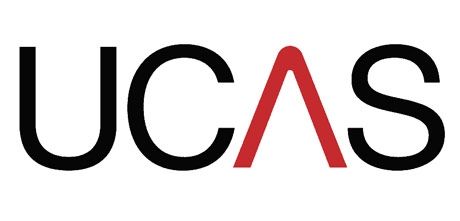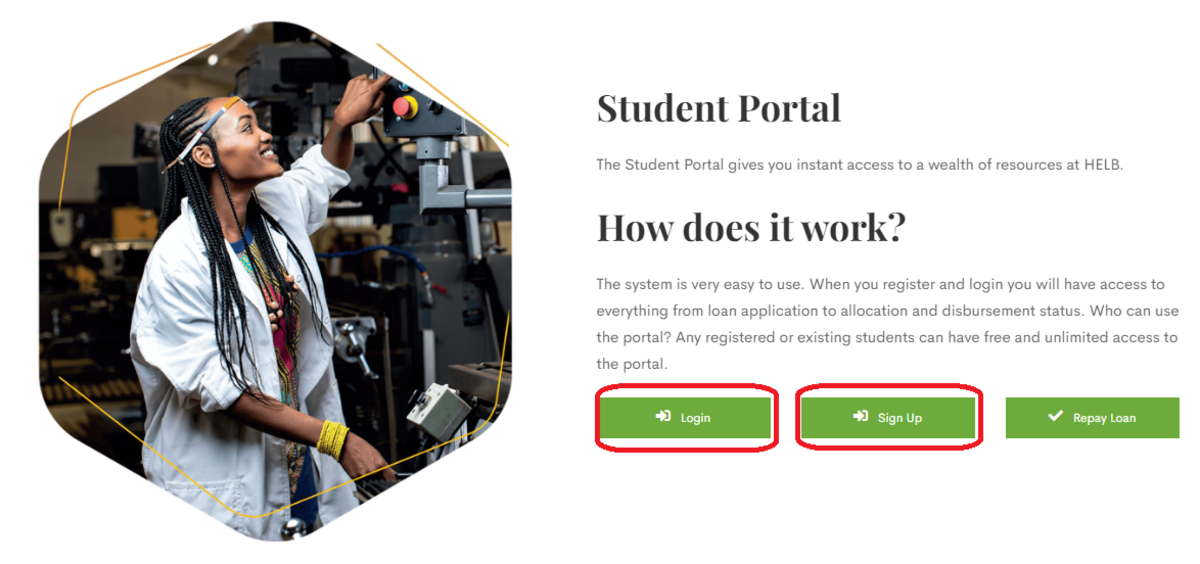How to Apply to a UK University

How Will I Be Admitted to a British University?
Because there are so many UK Universities that accept students with different criteria, entry requirements may vary. For Undergraduate studies, good high school scores will help you. For Postgraduate studies, a good first degree is a plus. In case an Undergraduate candidate doesn't have very good high school scores or any acceptable Certificate of English language (e.g. IELTS) he or she must pass the GCE A-level exam type or complete the necessary Foundation Course.
To be admitted to a British Institution, you must fill the appropriate online application form via UCAS. Furthermore, you must create a Personal Statement which is like a CV that includes information about yourself (about 750 words). This statement is really important - you need to prove you have the proper qualifications and explain the reasons why you want to follow the particular course.
Apart from your online application, you also need to send some additional documents to each University. Normally, you also need to provide two letters of reference.
UCAS Applications - Learn all the details!

UCAS (Universities & Colleges Admissions Service) is an organization that processes and sends the students' applications to the Universities of their choice. Through the UCAS procedure, candidates have the chance to know which Institutions offer the course they want, to apply and follow the progress of their application. All applications are made through an online system.
The process of the UCAS Applications starts every 1st of September of the Academic year and the first stage of the submission ends at the 15th of January. From the 16th of January until the 30th of June of the same Academic year, Universities keep accepting applications and offer places only if they still have any available. The applications submitted after the 30th of June enter another process, called Clearing. The Clearing process is implemented when a student has not secured a place into a University or a course of his choice. By Clearing he can apply for any left positions that may occur, so this is the student's last chance to get into a University. Only the Institutions that want and have positions take place in the Clearing procedure. Finally (and most importantly), each candidate can make one and only UCAS application, where he declares up to five (5) Universities or Courses of his preference.
In order to fully understand the procedure, students need to know the following terms:
1. Conditional Offer: The postion is offered by the University under specific conditions. The student should meet those conditionsin to be accepted .
2. Unconditional Offer: The offer has NO further demands or conditions.
3. Firm Offer: The postion is offered by the University that has been declared as first choice.
4. Insurance Offer: The postion is offered by the University that has been declared as a safe choice, in case the student does not enter his first choice.
5. Unsuccessful: This is the case where no postion exists at a University.
6. Withdrawal: This is the withdrawal of the student's application if a course is delayed or discontinued.
7. Confirmation: It is the confirmation of acceptance by the University.
8. Track: This is about the monitoring system for the progress of the application that is made online.
9. Extra: That is the student's possibility to add one more choice of a University or a Course, if there has not been an offer by the already declared ones, until the expiry of the deadlines.
Some candidates complete the UCAS online application by themselves. But for many others, the application procedures are complicated, tedious and time-consuming. In case you need guidance and support throughout the whole process, you may contact Anglia Foundation. Anglia Foundation as a registered UCAS School can process the application on your behalf. As a result, your chance of being admitted will be increased.








